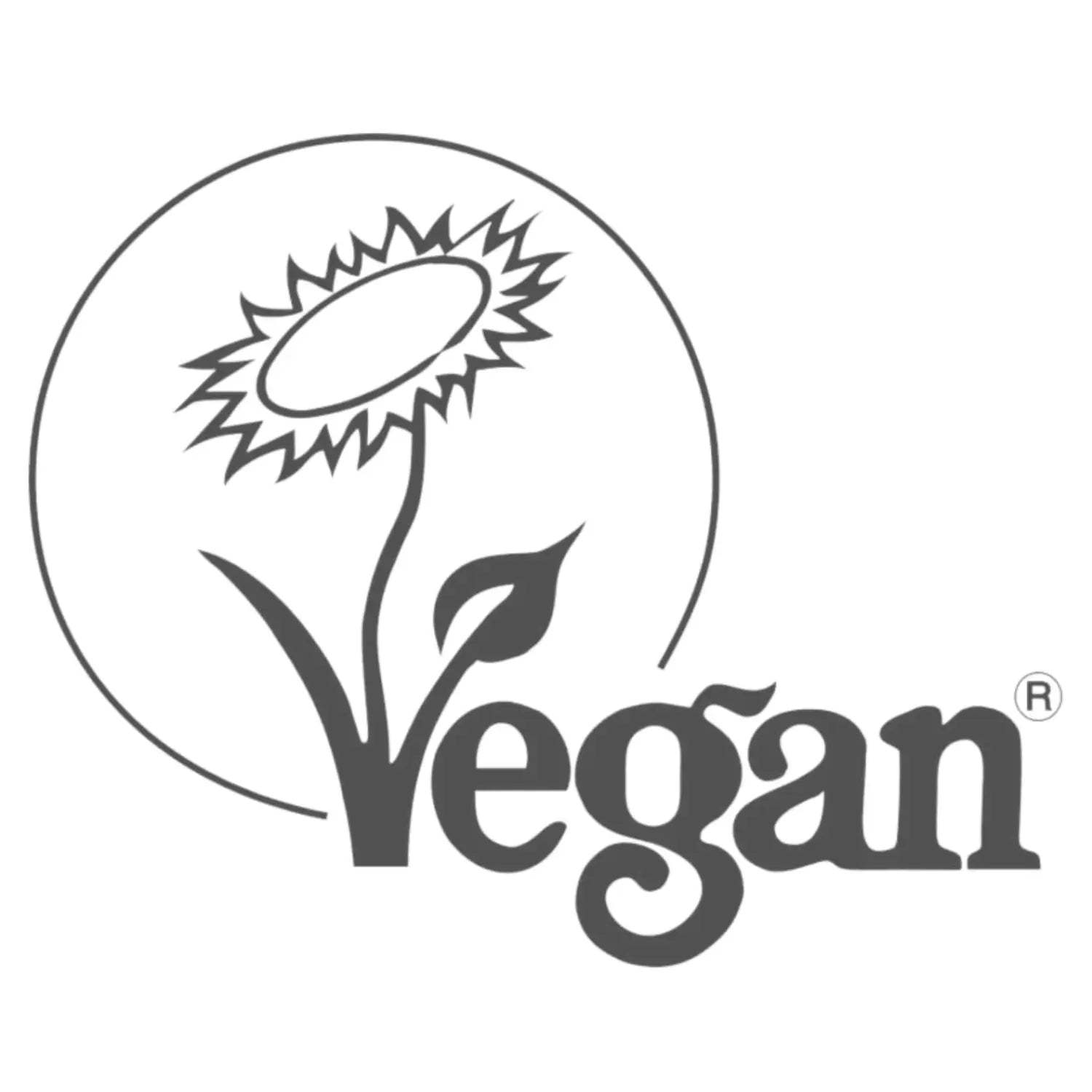Pure vegetable surfactants
- Effortlessly removes stubborn soiling without scratching
- Fragrant scent of sage and cajuput, certified organically grown
- 100% biodegradable
Special product feature:
Contrary to liquid products, which consist of 70–80 % of water, the stringent ecological requirements, i.e. combining the highest level of active substances with the lowest possible transport weight, are met by the cleaning agents in powder form. Consequently, this is a highly economical and efficient cleaning agent.

List of ingredients as per EC 648/2004:
Pumice, sodium carbonate, bentonite, sodium soap, parfum, limonene, linalool
*certified organically grown
Product declaration:
- Pumice powder >30%
- Sodium carbonate 5–15%
- Alumina 5–15%
- Vegetable soap, certified organically grown 1–5%
- Natural essential sage oil, certified organically grown < 1%
- Natural essential cajuput oil, certified organically grown < 1%
- Balsamic additives, certified organically grown / collection from wild-growing plants < 1%
Origin and properties of the ingredients:
Pumice is a fluffy, soft, volcanic stone, derived from rapidly cooled off the lava. The fast cooling process prevents the formation of sharp-edged crystals. Finely ground, it is, therefore, an extremely gentle yet effective cleaning material. Sodium carbonate and soap endow the cleaning agent with its superior grease- and dirt-dissolving performance. Once the dirt has come loose, it is absorbed by the natural alumina thanks to the excellent swelling and bonding properties of the latter. The essential oils made from sage and cajuput (of the family Myrtaceae) give a pleasant, fresh fragrance and have a germ-inhibiting effect.
- Ecogarantie
- CSE (Certified Sustainable Economics)
- Vegan Society
Packaging:
- Powder dispenser: PE
- Label: PE / PP
- Outer carton: 100% recycling material
Biodegradability:
The main ingredients of this cleaning agent are stone meal and soil rich in silicates. These are immediately reintegrated into nature, and there is absolutely no need for them to be degraded. Sodium carbonate being a mineral substance does not need any further degradation either. Soap made from vegetable oils has one outstanding feature compared to all the other active washing substances, namely that, right after its use, it reacts chemically with the limescale always present in wastewater, resulting in calcium soap, thus neutralising its surfactant effect on aquatic organisms (primary degradation). The calcium soap is then, by microorganisms, 100% degraded into carbon dioxide and water (secondary degradation). Soap is classified as being readily biodegradable according to OECD guidelines.
- Suitable for septic tanks and filtration systems.












